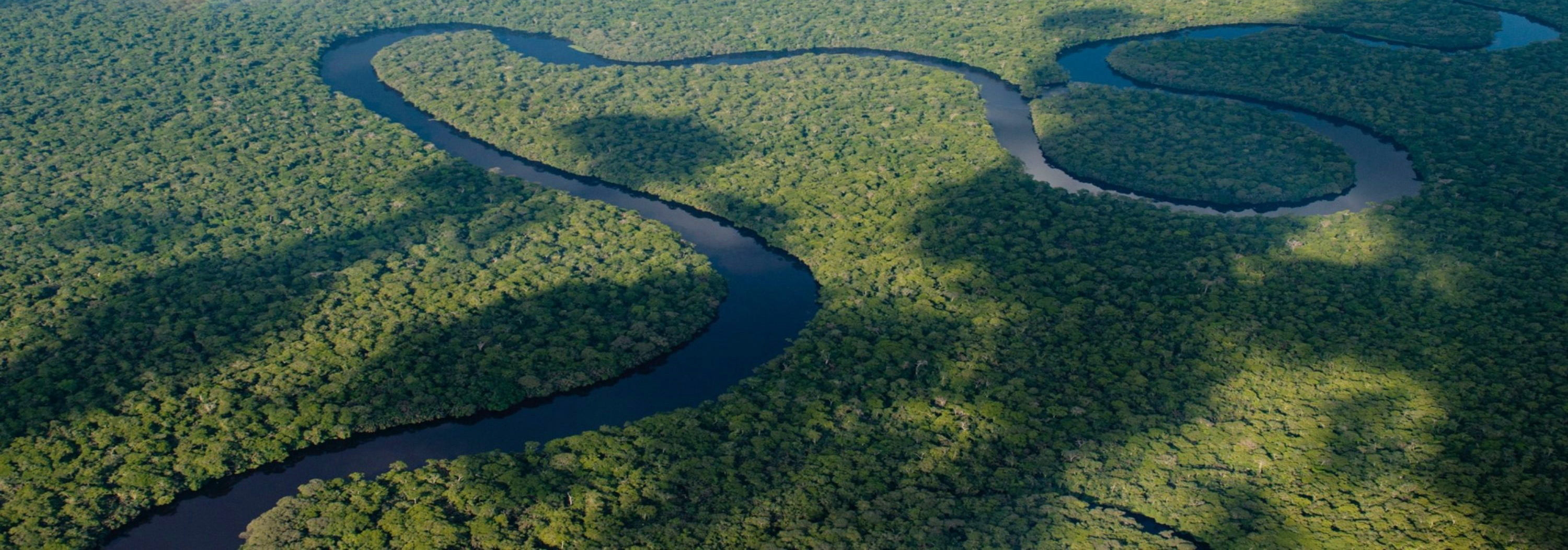Research for New Scientific Insights
Selected results. Institute established October 24, 2017.
Climate Change
Intergovernmental Panel on Climate Change (IPCC) - Scientific assessment of published research on climate change impacts, risks, and adaptation across global ecosystems for the authoritative assessment for scientists and policymakers that guides global action to halt human-caused climate change (IPCC 2022, Patrick Gonzalez one of a team of lead authors)
Climate change trends across U.S. national parks – First analysis of spatial and temporal patterns of observed and projected temperature and precipitation changes across all U.S. national parks and across at 50 U.S. states and overseas territories at 800 m spatial resolution (Gonzalez et al. 2018 Environmental Research Letters)
Climate change impacts across U.S. national parks – First assessment of published research on climate change impacts, risks, and ecosystem carbon across all U.S. national parks (Gonzalez 2017 U. Chicago Press)
Prescribed burning, wildfire risk, and biodiversity in Yosemite National Park – 20 years of research by Scott Stephens and his laboratory in Yosemite National Park and across the Sierra Nevada and translation of results for fire management in U.S. national parks (Stephens et al. 2021 Environmental Research Communications)
Preventing catastrophic wildfire under climate change in national parks in California – Research in progress led by Patrick Gonzalez conducting spatial analyses of climate change, vegetation, and wildfire for effective targeting of managed wildland fire and prescribed burning in Yosemite, Sequoia, Kings Canyon, and Lassen Volcanic National Parks
Halting tropical deforestation – Research planned by Patrick Gonzalez to conduct forest carbon and biodiversity analyses for a jurisdictional Reduced Emissions from Deforestation and Degradation and forest management (REDD+) in an underserved country in the Amazon or Congo rainforests, to naturally store carbon, reduce climate change, and conserve biodiversity
Biodiversity
Elk in Yellowstone – A decade of research and collaboration with federal agencies on restoring natural migration of elk across the Great Yellowstone Ecosystem (Middleton et al. 2020 Frontiers in Ecology and the Environment)
Birds in the Mojave Desert - Analyses of a century of changes in bird species richness in Death Valley National Park, Joshua Tree National Park, and other Mojave Desert protected areas (Iknayan and Beissinger 2018 Proceedings of the National Academy of Sciences of the USA, Riddell et al. 2019 Proceedings of the National Academy of Sciences of the USA)
Freshwater species in Pinnacles National Park - Intermittent stream ecosystem recovery after the dry season in Pinnacles National Park (Albert Ruhi laboratory, Fournier et al. 2022 Ecology)

